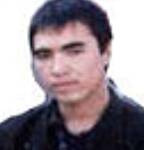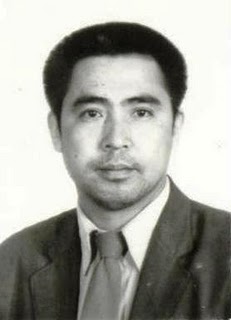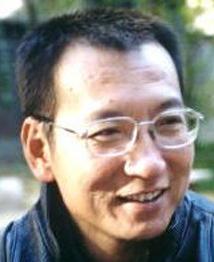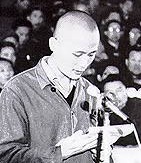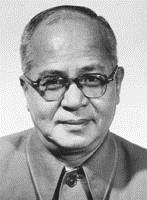2023-04-09
Counting from the 1911 Revolution (Hsinhai Revolution), more than 110 years have passed. After several generations of sacrifices, the Chinese people are still living in a state of political oppression, economic control, and ideological enslavement. The dictator and his privileged interest group have constantly made use of high-tech means to strengthen their autocratic rule. But the civilization is propelling the course of history with a powerful force; a battle between democracy and autocracy is unfolding; their lifelong autocracy and long-term delusion of one-party dictatorship are coming to an end, and China’s social transformation is approaching day by day. Continue reading


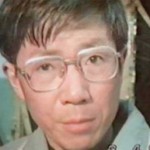 Qin Yongmin (August 11, 1953 – ), a worker, social activist and editor of independent magzines, was taken into custody for his involvement in Wuhan’s Democracy Wall Movement and for uniting magazines throughout China. In 1982, he was sentenced to eight years imprisonment for “counter-revolutionary propaganda and incitement”.
Qin Yongmin (August 11, 1953 – ), a worker, social activist and editor of independent magzines, was taken into custody for his involvement in Wuhan’s Democracy Wall Movement and for uniting magazines throughout China. In 1982, he was sentenced to eight years imprisonment for “counter-revolutionary propaganda and incitement”. 